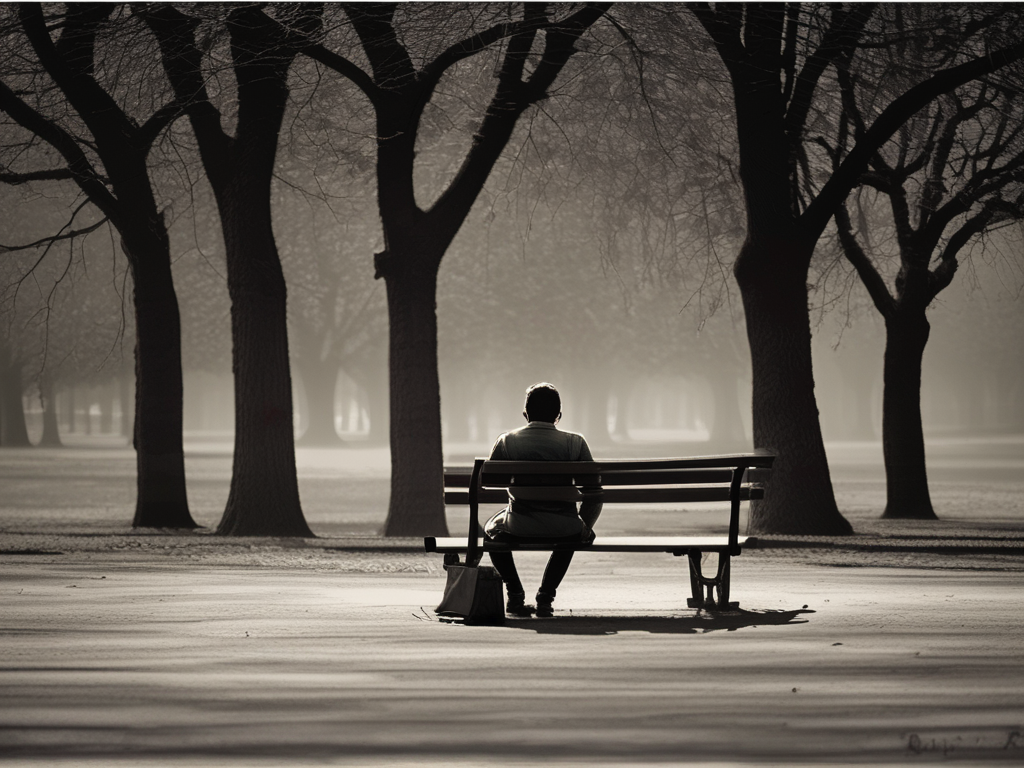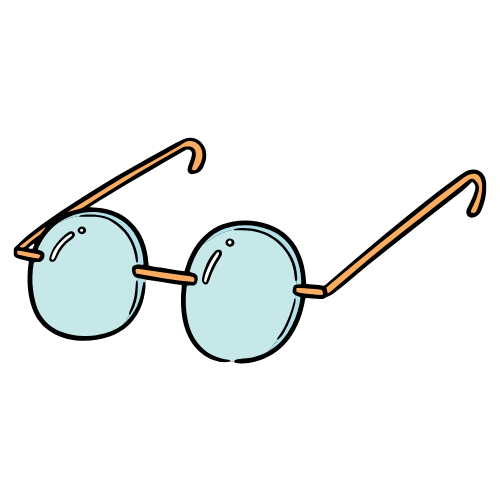I wrote a while ago about 5 female characters who stick, and I thought it would be only fair to write about the male counterparts as well. It was not as easy as I thought it would be. Especially in classic literature, female characters are very realistically written, they are people who I would like to have around as friends, or with whom I would be more than happy to sit down for a cup of tea. The question which I needed to answer in order to write this post, is, do I relate to male characters in the same way? Lestat and Adam don’t even drink tea for that matter. Then what is it? What do I find about them so appealing that I would count these two soulless creatures, not even people, among my favourites?
For I can’t really relate to any of them. I can’t say I “understand” Karenin in his relationship with Anna, nor do I admire Gatsby’s unflinching love for the shallow Daisy. But they are so authentic, and they feel so real. That’s why they stay with me.
alexei karenin
He felt that, as well as the spiritual force of goodness that governed his soul, there was another force – a crude force as powerful or even more so – which governed his life and that force would not allow him the humble peace he longed for.
If we are talking about male characters in Anna Karenina, the more traditional choice for a favourite would probably be the idealistic and slightly silly Levin. Not for me. Probably because on the first read of the novel, I barely even registered his presence. For me it was and still is Karenin, Anna’s strict and cold husband, who sparks curiosity, if not sympathy or admiration. Beneath his austere exterior, Karenin is deeply wounded by Anna’s betrayal, yet, in a heartbreaking scene after Anna gives birth to Vronsky’s child, he forgives her.
For me, Karenin is such a tragic figure and that is perfectly compressed in the quote above. He is so controlled and so committed in maintaining the facade of a perfect family life, that he buries his own feeling of affection for his wife. While Anna’s suffering is dramatic, Karenin’s pain is internal, hidden even from himself. He upholds the values of a society who demands that he suppresses his emotions, but in the face of death, the deep feelings he has for Anna rise to the surface. It is too bad of course that Karenin needs this finality to be able to show this “force of goodness”, but this is also what makes him so endurable.
jay gatsby
He smiled understandingly – much more than understandingly. It was one of those rare smiles with a quality of eternal reassurance in it, that you may come across four or five times in life.
The Great Gatsby is probably, alongside The Grapes of Wrath, the great American Novel. It is about dreams which pile and pile and pile until the dreamer realizes they are just made of dust. Everyone in the novel is shallow or, like Gatsby himself, shady in some manner. He, for all his grandeur and mystery, is a man chasing an illusion, desperately clinging to a picture he made of the past. Daisy and Tom are little more than just caricatures of their class. Nick Carraway, the narrator, puts some distance between himself and the false glamour that surrounds him, but not even he is immune to the easy life of big money. They all have grand dreams, and all their dreams are shattered.
Gatsby’s big plus as a character is that he is seen from the outside. Nick is our narrator and we see Gatsby’s life through Nick’s eyes, and especially his memory of the summer at Gatsby’s villa. Some scenes are shown in crushing detail, which breaks at key moments, while long conversations the two of them have are barely described in a couple of sentences, filtered through Nick’s sense of awe. The details Nick gives us become soaked in meaning, like there is depth about Gatsby, which is never fully revealed. Gatsby remains unknowable, a question mark.
lestat de lioncourt
I am the Vampire Lestat. I’m immortal more or less. The light of the sun, the sustained heat of an intense fire – these things might destroy me. Then again, they might not.
Anne Rice’s 1976 cult novel Interview with the Vampire is long due a reread. It’s been one of the holy books of my teenage years, together with Jane Eyre and Gone with the Wind. The book, and Lestat, have been on my mind again in the last years, since the new series Interview with the Vampire has been out. I love the series, yet how Lestat is portrayed throws shadows of doubt in my mind. As I remember him, Lestat in the book is far more nuanced that the 200-year old vampire, a villain in love, the series makes him out to be. He’s terrifying, has no morals as we would define it, twisted and cruel. Yet he’s charismatic, seductive, in constant defiance against his vampire nature, embracing loneliness, yet yearning for companionship. No wonder I was head over heels with him as a teenager.
It took me years to decide to reread Jane Eyre, and I’m extremely happy to have mustered up the courage. Yet I’m still afraid to return to old favourites. What if Lestat’s life philosophy, anarchy, “evil is a point of view”-type-of-thing he believes in, won’t hold up in the life I believe in now? What if his rebellious, nihilistic nature will now feel hollow? Maybe returning to Lestat will be a sort of test for my own change of perspective and growth. Or maybe I will find in there another kind of beauty when returning, the beauty of nostalgia.
tyrion lannister
Never forget what you are, for surely the world will not. Make it your strength. Then it can never be your weakness. Armor yourself in it, and it will never be used to hurt you.
I previously wrote that my favourite female character in A Game of Thrones is Danaerys Targaryen, for her resilience and determination to make the world recognize her for what she is – the rightful Queen of the Seven Kingdoms. Such thoughts stay far away in the mind of Tyrion Lannister, my favourite male character in A Game of Thrones. But, as it happened with Danaerys, my memories of reading Tyrion were clouded by watching the HBO series.
Tyrion is the dwarf son of Tywin, the head of the richest and one of the most powerful families to control the Seven Kindgdoms. His father never forgave him for being born a dwarf, and Tyrion must find his way in the world not by his looks or strength, but by the power of his intellect. He is cynical and bitter, yet funny and very lucid about how the world perceives him. He is a master of social behaviour and well-versed in navigating the treacherous politics of the kingdom. Tyrion does embrace his role as a misfit, yet there is a part in him which longs for more – to be seen and valued for the person who hides under the layers of wit and cynicism.
adam
But when the marriage of men and women to machines is complete, literature will be redundant because we’ll understand each other too well. Connectivity will be such that the individual nodes of the subjective will merge into an ocean of thought, of which our Internet is the crude precursor.
Around 2020 two influential British writers encompassed science fiction into the breadth of their literature. In 2021 Kazuo Ishiguro published Klara and the Sun, a novel about a female robot designed to be a companion for children, and in 2019 Ian McEwan published Machines Like Me, a novel set in an alternative 1980, where anybody can purchase an Adam or an Eve, androids almost undistinguishable from humans. I perceived the publication of these two novels as a step forward in our definition of science fiction, but also a signal that artificial humans are closer to our reality than maybe we might like to think.
McEwan stays true to literature in his novel. Adam, the artificial human, is not just an excuse to predict the end of humanity as we know it, but a real character in his own right. When his owner, Charlie, purchases him, he does so on a whim, having just inherited a large sum of money. But Charlie soon realizes that Adam could be the key to winning the heart of Miranda, his lovely next-door neighbour. The three enter a strange love triangle and we soon start wondering who is the most human in the mix – the people or the android? Adam does show humanity which Miranda and Charlie don’t, but by his nature he remains completely uninvolved in human emotion. His definition of literature is chilling in its utilitarianism. It really does make me wonder about the future, and the question seems even more paradoxical now, when I decided to include Adam in my top of male characters.
It was relatively easy to choose 5 favourite female characters because, in one way or another, I see myself in them, or I would like to see myself in them. But I can’t really say the same about the male characters. I stare at them in awe, from afar, not being able to connect in quite the same intimate way. I’m not lacking empathy, on the contrary. I recognize that their lives are shaped by a different set of rules, which allow me to appreciate them while putting aside the filter of personal involvement. Their stories are not mine to inhabit, but to observe and ponder on.
— Images generated with Stable Diffusion —









your thoughts?